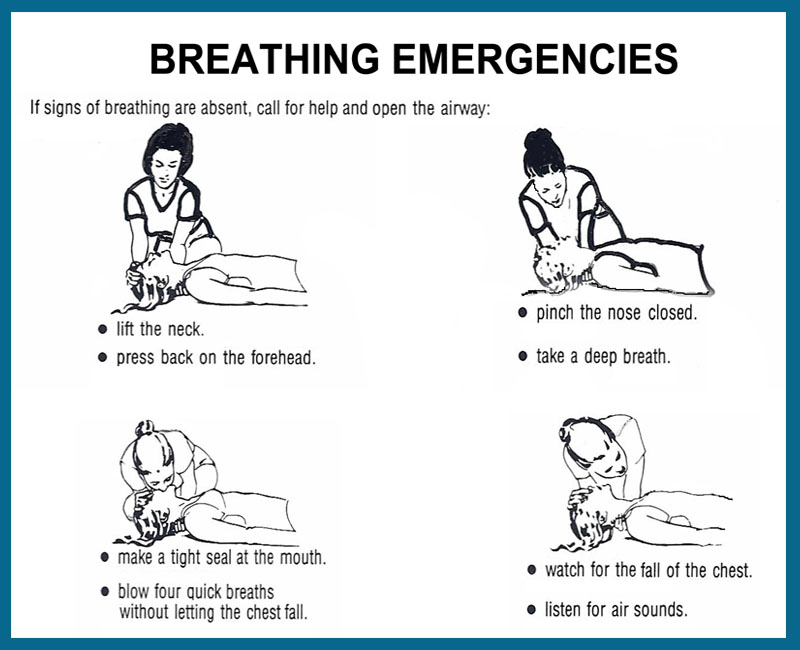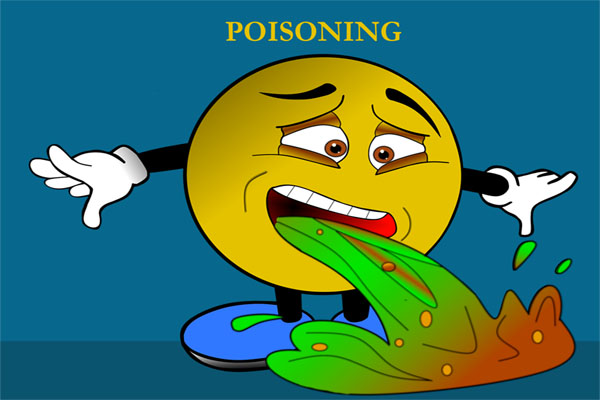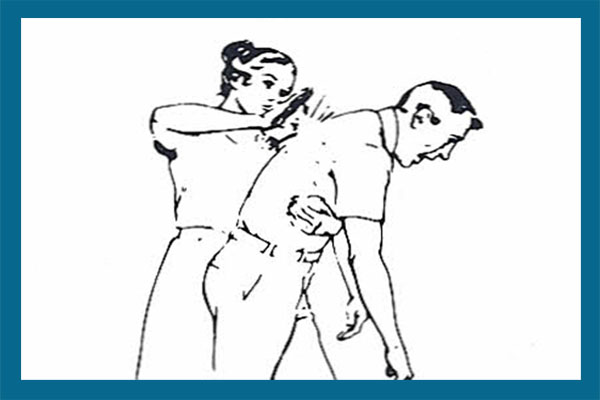Health Pages
Breathing Emergiencies
Breathing Emergiencies
First Aid Chart - Part 1
If the chest does not rise, reposition the head and neck, ensure a good seal at the nose and mouth and try again. If the chest rises, check for signs of a pulse at the neck (carotid pulse).
Continue ventilations at the rate of one breath every 5 seconds for an adult or every 3 seconds for an infant or child.
Recheck the pulse every five minutes.
For bigger image CLICK HERE.
First Aid - Learn the Basics
Keep in mind that sometimes seconds count in an emergency. When a victim suffers a life-threatening medical situation, first aid is an important first step of emergency care and sometimes life-saving help to an injured or unwell victim before the arrival of professional medical assistance.
Our pages are prepared to help you understand different emergency situations and learn essential first aid to respond to emergencies at home, at work, on the road or anywhere else where instant help is needed and professional help is not ready available. We'd recommend signing up for a first aid course in your local area so you can learn how to prevent and respond to different life's emergencies. First aid course will also provide you with some hands-on practice of lifesaving first aid techniques and an opportunity to learn basic lifesaving skills.






